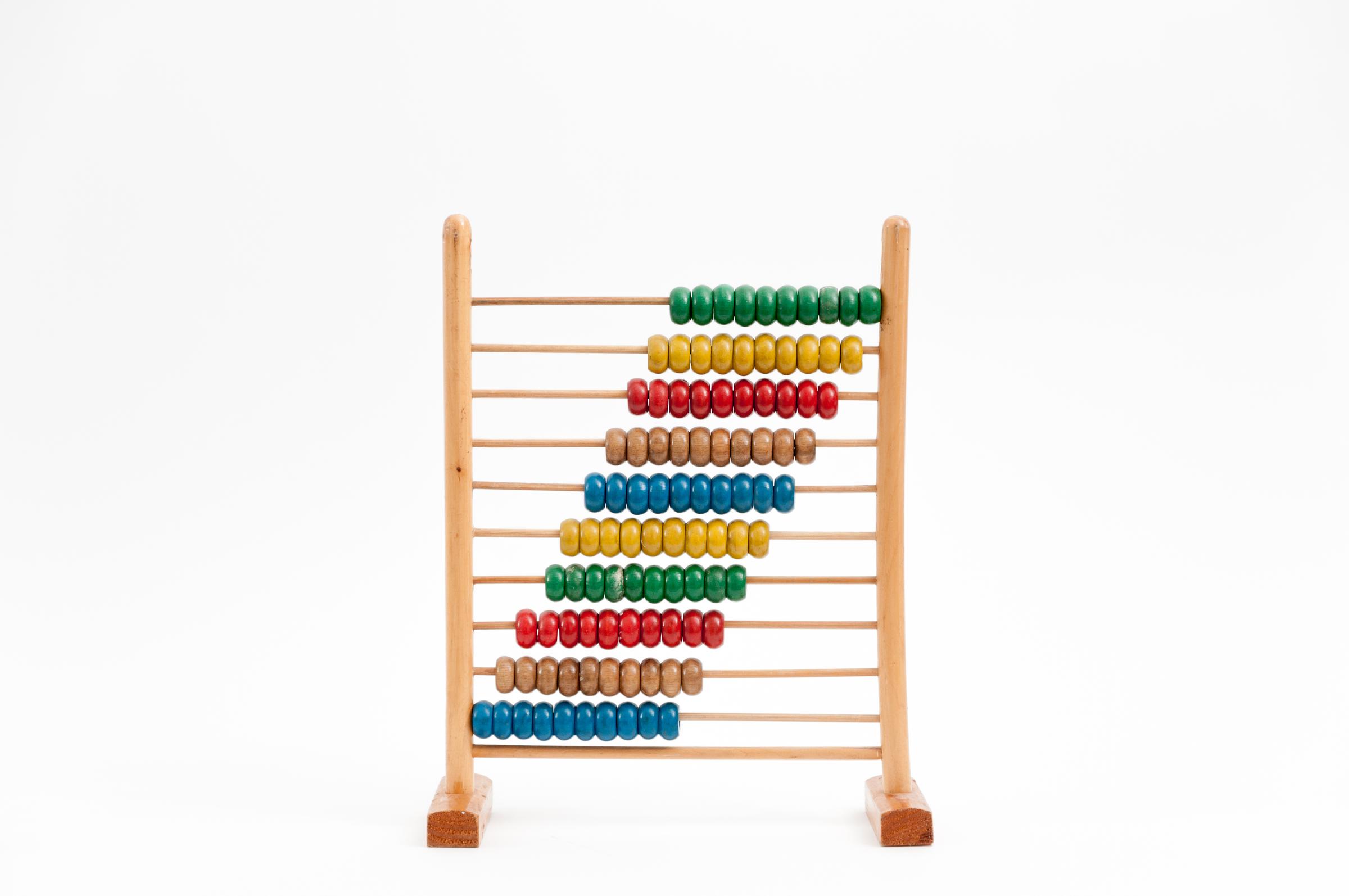Mathematics

Great things are happening in Mathematics at St Joseph’s School!
Teaching for Impact in Mathematics (TIM)
Mr Boyhan, Mrs Beveridge, Ms Smith and myself participated in the Teaching for Impact in Mathematics (TIM) series last term. This professional learning supported our F-2 teachers to build more high-impact instruction into our school mathematics programs. Mrs Beveridge and Ms Smith have been supported with a range of new F-2 resources, to implement the new version of the Victorian Mathematics curriculum (Version 2), published late last year.
Our 3-6 teachers will embark on this learning journey, having secured a place in this series later this term. This will similarly help them to build on their expertise as mathematics teachers and assist our school to embed the new mathematics curriculum by the end of the year.
Maths and a positive growth mindset
A positive growth mindset is essential for children to learn, and this is particularly important in mathematics. Below is an excerpt of the introduction and two 'tips' from Dr Catherine Attard’s article “Tips for Parents: Helping Your Child Succeed with Mathematics”. Catherine is a multiple award-winning educator and a professor in mathematics education. Her research is focused on student engagement with mathematics and practices that influence students' engagement.
"We often see and hear media reports that lament Australia ‘falling behind’ other countries when it comes to mathematics. Unfortunately, some people think it’s okay to be bad at maths and sadly, many children develop anxiety around mathematics from a young age. Maths seems to be a problem.
Is there something you, as a parent, can do to help? There are many things parents can do to help their children learn, understand, and appreciate mathematics before they begin school and during the school years.
Be positive about maths!
Many people openly claim they don’t like maths or they’re not good at it, unintentionally conveying the message that this is okay. Unfortunately, this can have a detrimental effect on the children who hear these messages. As a parent, be conscious of displaying positive attitudes towards mathematics, even when it’s challenging.
Make maths part of everyday activities
Bring maths into daily conversations and activities with your child. After all, there’s maths in everything we do. For example, if you’re cooking you might ask your child to help you measure out ingredients. If you’re shopping, you could have a little competition to see who can make the best estimation of the total grocery bill or perhaps ask your child to work out the amount of change (this may be challenging given that we use credit cards most of the time).
If you would like to read the full article, it can be found here:
Here are some other articles by Dr Catherine Attard that may be of interest.
Lisa Bourke (lbourke@sjyarrajunction.catholic.edu.au)
Mathematics Leader
